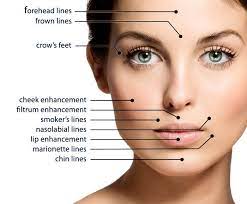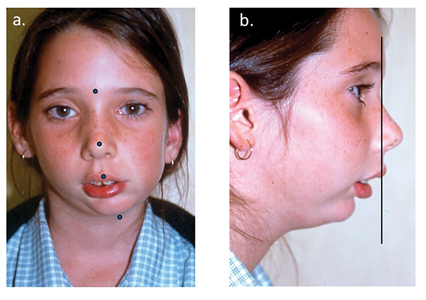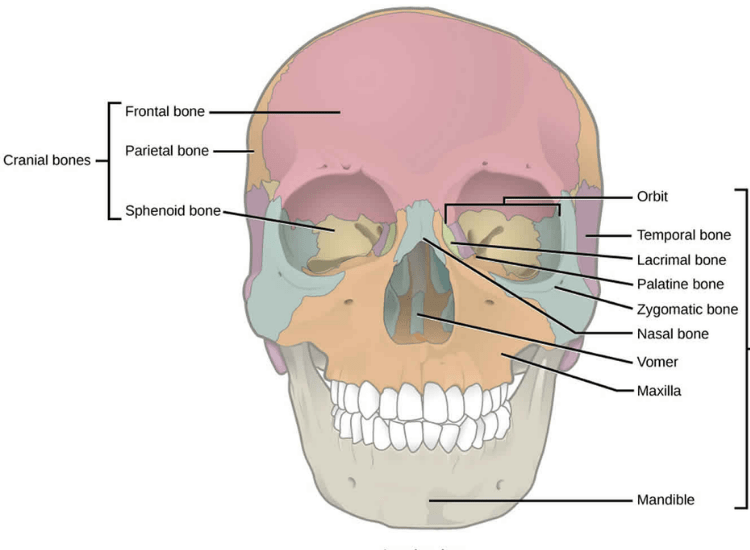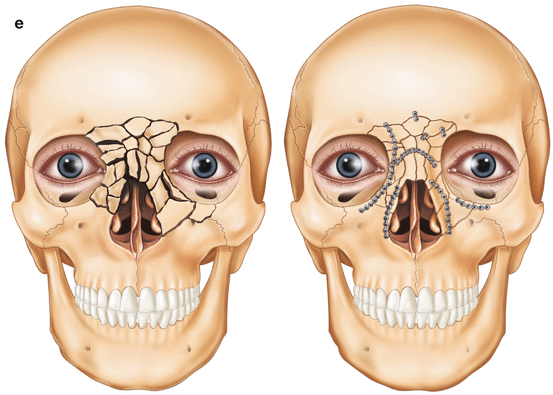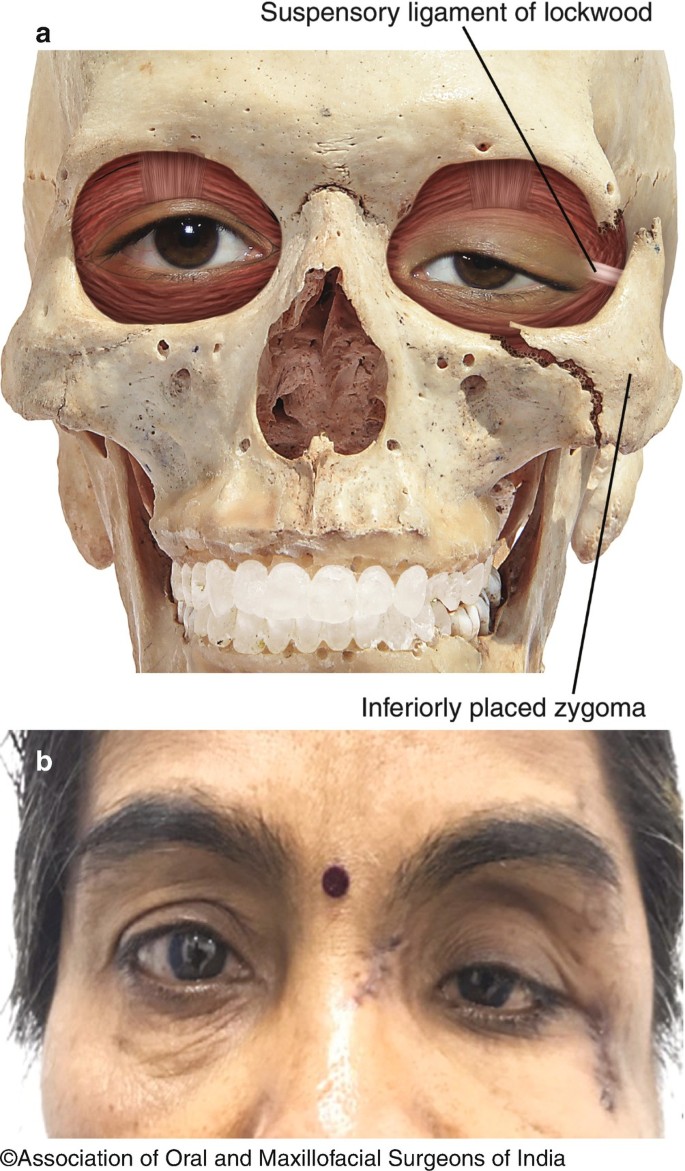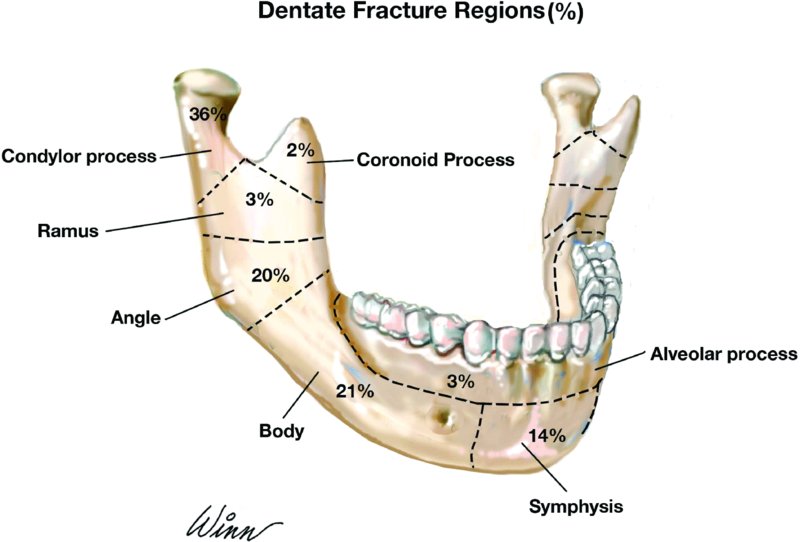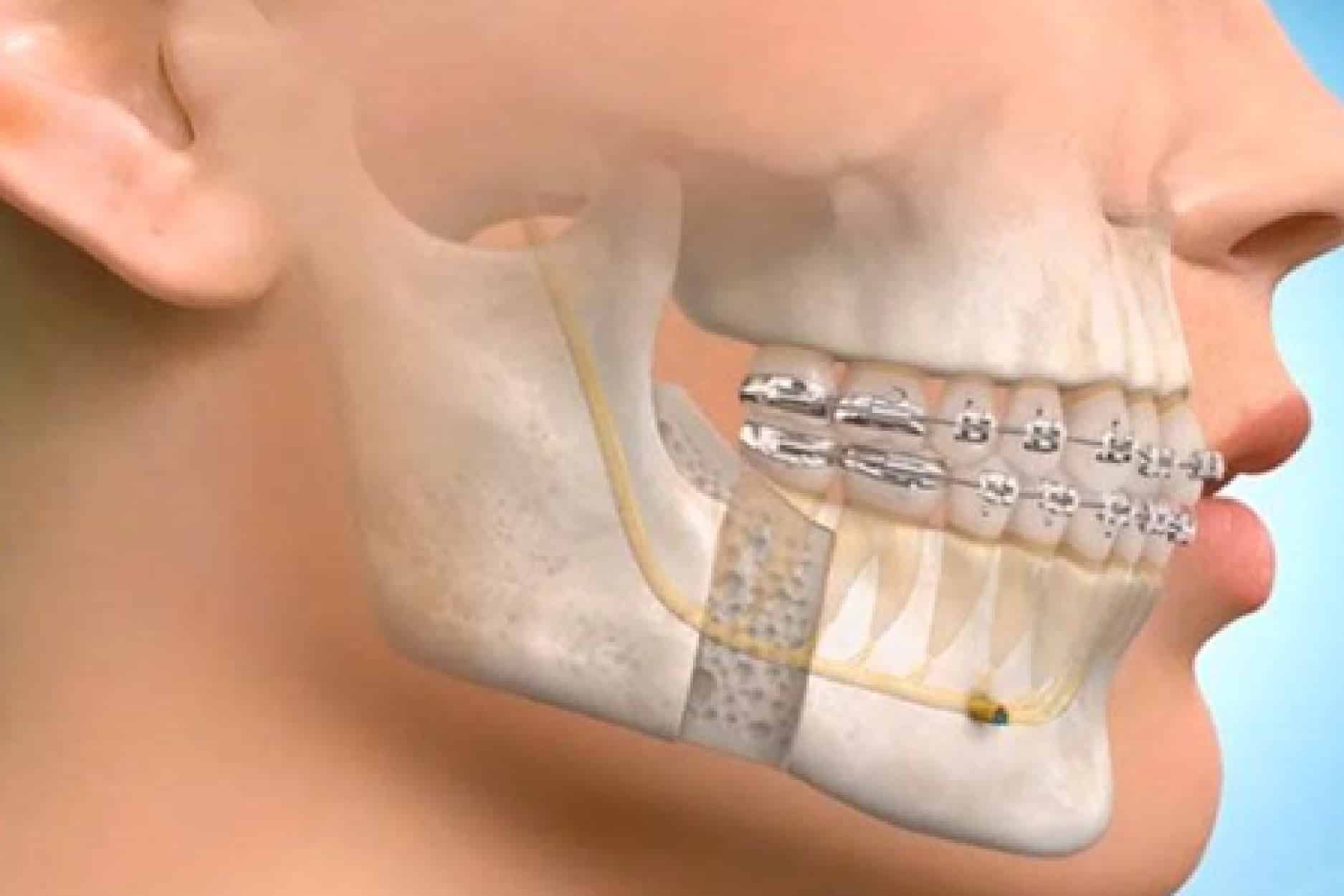
What is Maxillofacial Surgery?
Maxillofacial surgery, also known as oral and maxillofacial surgery (OMS), is a specialized branch of surgery that focuses on treating conditions, injuries, and deformities affecting the face, jaw, mouth, and neck. This includes a wide range of procedures involving the teeth, jaws, facial bones, soft tissues, and salivary glands, among others.
How is Maxillofacial Surgery performed?
Maxillofacial surgery may involve various surgical techniques and approaches depending on the specific condition being treated. Common procedures include corrective jaw surgery (orthognathic surgery), dental implant placement, wisdom teeth removal, facial trauma repair, cleft lip and palate repair, tumor removal, and reconstructive surgery following facial trauma or cancer treatment.
Who is a candidate for Maxillofacial Surgery?
Individuals who have conditions, injuries, or deformities affecting the face, jaw, mouth, or neck may be candidates for maxillofacial surgery. This includes individuals with congenital anomalies such as cleft lip or palate, developmental abnormalities, traumatic injuries, dental and jaw misalignment, facial pain or dysfunction, or tumors affecting the head and neck region.
What are the benefits of Maxillofacial Surgery?
Maxillofacial surgery offers numerous benefits for individuals seeking to improve the function, aesthetics, and overall health of the face and jaws. These procedures can correct dental and jaw misalignment, improve facial symmetry and appearance, alleviate pain or dysfunction, restore oral function and speech, and enhance quality of life for patients affected by facial trauma, congenital anomalies, or other conditions.
What is the recovery process like after Maxillofacial Surgery?
Recovery from maxillofacial surgery can vary depending on the type and extent of the procedure performed, as well as individual healing factors. Patients may experience swelling, bruising, pain, and temporary changes in facial sensation following surgery, which typically improves over time. It's essential to follow post-operative instructions provided by the surgeon, including dietary restrictions, oral hygiene practices, and activity modifications to optimize healing and prevent complications.
What are the risks and complications associated with Maxillofacial Surgery?
Like any surgical procedure, maxillofacial surgery carries certain risks and complications. These may include infection, bleeding, nerve injury, damage to adjacent structures, adverse reactions to anesthesia, or unsatisfactory aesthetic outcomes. Additionally, individuals with complex medical conditions or extensive surgical needs may be at increased risk for complications.
Why choose VMG Hospital for Maxillofacial Surgery?
VMG Hospital in Hisar, Haryana, is a trusted provider of maxillofacial surgery, offering advanced techniques and personalized care to patients with conditions affecting the face, jaws, and mouth. Our team of skilled oral and maxillofacial surgeons has extensive experience in performing a wide range of procedures, ensuring safe and satisfactory outcomes for our patients. With a commitment to excellence and patient-centered care, VMG Hospital strives to deliver exceptional results and help patients achieve optimal oral health and facial aesthetics.
